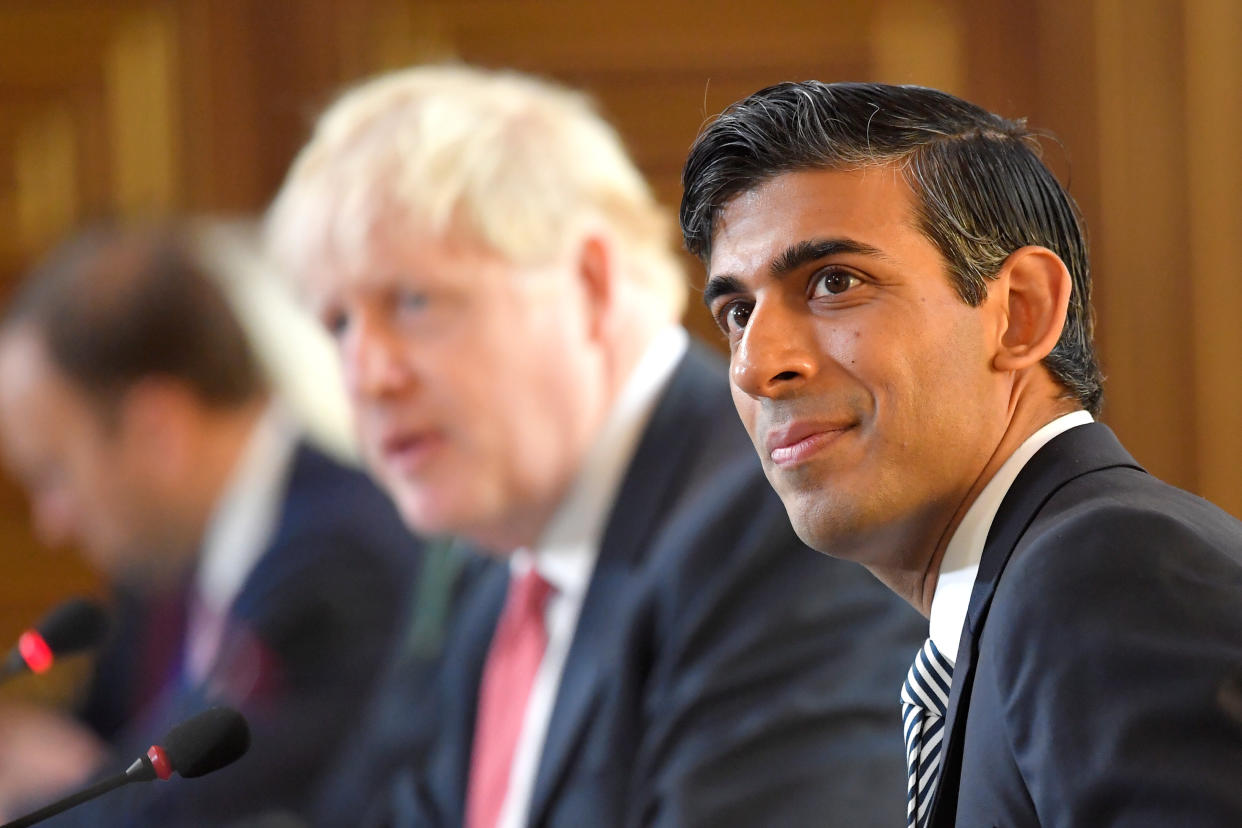UK public sector borrowing surges to second highest ever for July

Public sector net borrowing was estimated to have been £10.4bn ($14bn) in July, the second-highest July borrowing since records began in 1993, Office for National Statistics (ONS) data revealed on Friday.
The figure was roughly £10bn less than in July last year.
The pandemic has had a substantial impact on the economy and on public sector borrowing and debt, the ONS said.
In total, more than 50 schemes were announced by the UK government and devolved administrations to support individuals and businesses during the pandemic.
The extra funding required by support schemes, combined with reduced cash receipts and a fall in GDP, have all helped push public sector net debt as a ratio of GDP to levels last seen in the early 1960s, ONS said.
Central government receipts in July 2021 were estimated to have been £70bn, £9.5bn more than in July 2020. Central government bodies spent £79.8bn, £2.9bn less year-on-year.
But "the government is in a much stronger financial position than last month, with borrowing halving in July,” said Hoa Duong, an economist at PwC.
He said this was largely driven by 13% increases in tax receipts and a 5% decrease in government spending compared to June.
Read more: UK retail sales fall putting recovery in doubt
Self-assessed income tax receipts were £8.5bn, £3.7bn more than this time last year. And business rates were up 31.6% to £2.1bn.
"Today’s data shows an impressive recovery in self-assessed income tax and business rates, together contributing nearly £11bn to the government budget, twice the amount received in this time last year,” said Duong.
He said that with the Coronavirus Job Retention Scheme ending next month, "all eyes are on business and wages recovery which seems to have withstood the test of 10% increases in employer contributions to furloughed worker salaries from July 2021. “
He also said chancellor Rishi Sunak should expect the UK’s public finances to have "limited scars" in the long run as government borrowing is now nearly at the pre-COVID levels and net debt has started to fall below GDP levels.
Watch: Why can't governments just print more money?


